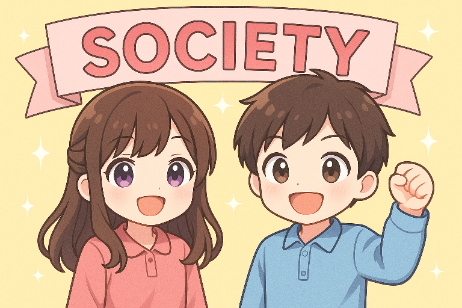📰 ニュースまとめ
東京地裁は、菅義偉元首相による日本学術会議の推薦候補6人の任命拒否に関する文書の開示を命じました。
この訴訟は立憲民主党の小西洋之議員によって提起され、国の不開示対応が違法であると判断されました。裁判所は、学問の自由を守る観点からも文書の開示が重要であるとし、公益性の高い情報の透明性を重視しました。
💬 こんな会話が聞こえてきそうです
※以下のやりとりは記事をもとにしたフィクションです。
📝 管理人のひとこと
今回の東京地裁の判決は、日本の学問の自由にとって非常に意義深いものです。国が情報を不開示とすることが、学問や研究活動にどのような影響を与えるのか、国民としても考える必要があります。情報の透明性は、民主主義の根幹を支えるものであり、学術界の信頼性を高めるためにも重要です。今後もこうした問題について注視し、意見を交わすことが大切だと感じました。
この記事をシェアする:
🇬🇧 英語版を見る
Summary
The Tokyo District Court has ordered the disclosure of documents related to former Prime Minister Yoshihide Suga’s rejection of six candidates recommended by the Japan Academy. This lawsuit was filed by Constitutional Democratic Party member Hiroyuki Konishi, who argued that the government’s refusal to disclose the information was illegal. The court emphasized the importance of transparency for information that serves the public interest and stated that disclosing the documents is crucial for protecting academic freedom.
Dialogue
This dialogue is fictional and based on the article.
Caster (Mr. Yamada): Well, today we will discuss the document disclosure order from the Science Council. Mr. Yoshida, what do you think is the significance of this ruling?
Commentator (Mr. Yoshida): It holds very important significance. It sends a message that transparency is necessary to protect academic freedom.
Caster (Mr. Yamada): That’s right. The government’s tendency to hide information is problematic, especially since this issue has garnered a lot of public interest.
Commentator (Mr. Yoshida): Indeed. The voices of researchers and scholars should be reflected in this matter, and it will likely influence future policies. This is important information for the public as well.
Caster (Mr. Yamada): With the document disclosure taking place, what changes do you anticipate for the academic world moving forward?
Commentator (Mr. Yoshida): I believe that increased transparency will ensure a more open environment for academic inquiry. We can look forward to promising research activities in the future.
Admin’s Note
The recent ruling by the Tokyo District Court is highly significant for academic freedom in Japan. It is essential for citizens to consider how the government’s refusal to disclose information affects scholarly and research activities. Transparency of information is fundamental to democracy and is also crucial for enhancing the credibility of the academic community. I feel that it is important to continue paying attention to such issues and to engage in discussions about them.



コメント